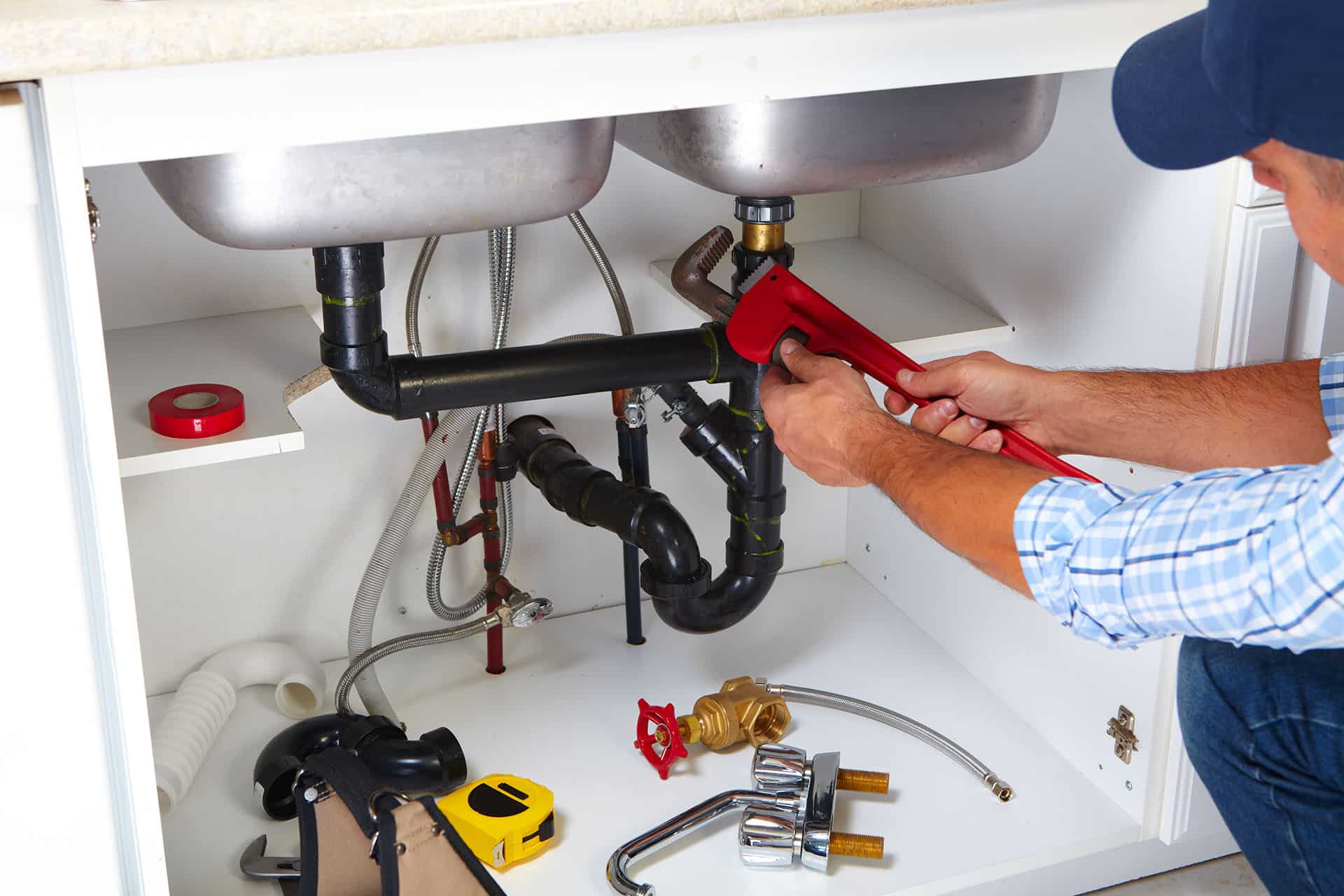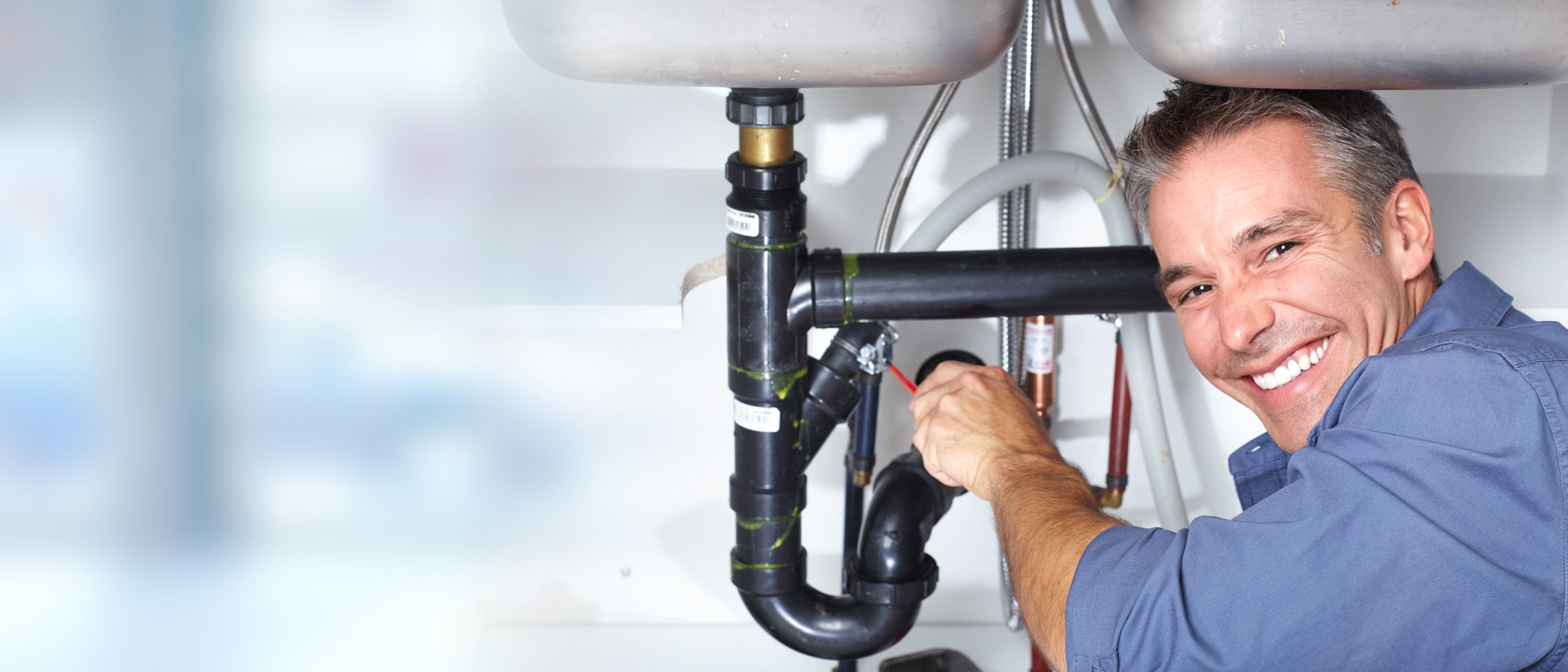6 Surprising Habits Which Destroy Your Home Plumbing Systems
6 Surprising Habits Which Destroy Your Home Plumbing Systems
Blog Article
The article author is making a few great pointers on the subject of Ways to Make Your Pipes Last Longer overall in this post on the next paragraphs.

The trick to long lasting appliances, unsurprisingly, appertains upkeep. There's no set policy that can ensure your plumbing home appliances a long wear, however you can stop unnecessary damage and fixings by preventing negative plumbing practices.
You need to stop doing these 6 things else you'll keep calling your plumber over for minor faults.
Purging everything
Yes, your bathroom drain results in the sewage systems, yet that does not mean you should discard just anything down the tubes. Lots of 'flushable' materials are in fact great blockage starters, for instance dental floss. Asides keeping noticeable non-flushable products like wires and also plastics out of your commode, you need to likewise prevent flushing cotton swab, menstruation products, wipes, daipers as well as prophylactics down the toilet drainpipe.
Putting oil in the sink
We know correctly dealing with grease after a hearty meal is a pain. However just pouring it down the drain can do lasting harm to your pipelines. "The fat and grease can obstruct your drain badly adequate to compel you to call a plumber," describes Dawson. "Plumbing works best when it's well taken care of-- not abused with grease."
Using way too much drainpipe cleaner
Utilizing a drain cleaner more than once or twice a month is an indicator that something major is going on within your pipes. Now, rather than encountering the major concern, you go with a quick fix; a carbonated drain cleaner. Rightfully, a drainpipe cleaner will take care of the clog, however at what price?
The chemicals in a drain cleaner can hasten the rust of your pipelines. Add that to whatever underlying issue is creating the clog as well as you may have to a significant problem on your hands.
If you experience too many clogs, call your emergency plumber as opposed to using a drainpipe cleaner.
Not rinsing recipes before loading them right into the dishwasher
it's called a dish washer, however tossing in recipes, pots, as well as pans covered in big food fragments can in fact cause some major damages to the device, bring about long-term problems down the line. "Property owners may have to get their dishwashing machine repaired regularly if they don't wash their meals before packing, or at the very least get rid of larger food pieces," clarifies Audrey Monell, proprietor of Forrest Anderson Plumbing and Air Conditioner in Glendale, Arizona. "Food that obtains stuck on dishes causes the dishwashing machine to function harder, which can wear down parts faster, resulting in problems."
DIYing every little thing
With plumbing, a stitch in time actually does conserve nine. You can avoid a fullblown plumbing emergency by calling your plumber at the right time.
You might have found out a few plumbing hacks from your dad, yet you should know where to fix a limit as well as call an expert. For instance, you might be able to repair a clog on your own, yet you shouldn't attempt to change a pipeline. You can mismatch pipelines or overtighten a bolt, triggering more injury and damages than you thought. Calling a plumber is a risk-free and cost effective choice.
Not transforming your dish washer pipes
One very easy means to make sure that you utilize your dishwasher for many years is to change the tube at the very least when in five years. This likewise applies for cleaning equipment pipes.
With time, food bits, soap as well as grease can develop clogs within your pipes. Replacing them on time will protect against any type of presure develop that can harm the interior operations of your dishwashing machine or washing maker.
A strengthened steel entwined pipe does a great job of lengthening your equipment's usage time.
No wintertime safety measures
Extreme weather are bad for your pipes, specifically if they're constructed from steel. You need to protect your revealed pipes, and also your water storage tank, even if you have a water heater. You must additionally shut off your yard hose valve and any other outside water channels. These networks are electrical outlets for cold; you pipelines can start to ice up from outside if you don't.
Prevent Water Damage from Plumbing and Appliances
Prevent toilet failure
Be patient after you flush and wait for the valve to completely finish refilling the tank and bowl. If an overflow looks imminent, lift off the tank cover and lift the float to shut off water flow to the tank, and then turn off the supply valve.
Twice a year, inspect a toilet’s components, such as the fill, supply, and flush valves, and the supply line. Make sure you can turn off the supply. If you have older screw type valves that are hard to turn or start leaking, consider replacing them with simpler ball valves that are easy to shut off quickly.
Inspect and maintain your water heater
Inspect your anode rod every two years, or every year once the warranty has expired, to determine if it needs to be replaced.
Flush water heater tanks every six months to remove sediment by attaching a garden hose to the valve at the base. For safety, first turn off the power and run hot water until it is cool.
Get an annual inspection from a plumbing professional including the shut-off valve and all piping. Signs of broken valves and loose or wet joints and rust are a sign that more severe damage is coming.
Maintain washing machine supply lines
Look for signs the supply hose may be ready to fail—blisters in the hose, worn tubing, stress cracks, or a loose connection.
Replace the supply hose with a reinforced steel braided hose if it shows any sign of wear.
Tighten the connection if it feels loose. The most common site of failure is near the connection where the hose bends.
Replace supply hoses every five years, even if there is no obvious deterioration or wear. Some signs of deterioration may occur from the inside out and may not be visible until it is too late. When replacing washing machine supply hoses, always choose a reinforced steel braided hose over the traditional un-reinforced rubber hose. These hoses will last longer and are far less likely to result in a catastrophic water loss.
Prevent plumbing failure
Never pour grease down the drain.
Plant trees away from lateral drain lines to prevent roots from damaging piping.
If your home’s sewer system is connected to the city’s sewer system—a particular problem for older homes—or if you are located downhill or below street level, contact a plumbing professional to install a backflow prevention assembly into your sewer system.
Call a professional if you notice signs of a plumbing problem—an increased monthly water bill, banging pipes, rust stains, moisture in the walls or on the floor, and signs of wet soil erosion near the foundation.
https://disastersafety.org/maintenance/prevent-water-damage-from-plumbing-and-appliances/

I discovered that blog post about Ways to Make Your Pipes Last Longer when doing research the internet. If you liked our blog entry please make sure you remember to share it. We love reading our article about Can Hard Water Ruin Your Appliances?.
Schedule Now Report this page